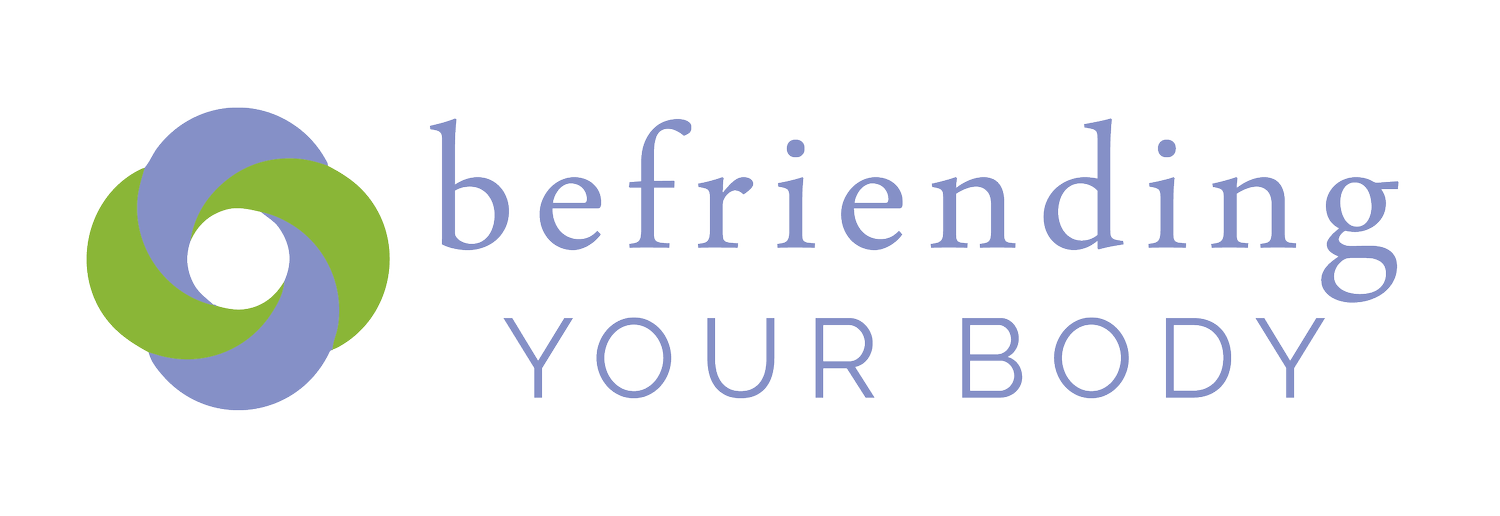Self-Compassion as a Protective Factor in Eating Disorder Recovery
Throughout my years of clinical practice I have witnessed a strong connection between self-compassion and healing from eating disorders and body-image struggles. So when I had a chance to engage in my own research interest during my doctoral studies I chose to research self-compassion in the recovery process. That was five years ago, but no surprise, there is now more and more in the literature that supports what I found through my own research study and have anecdotally known throughout the years.
What We Already Know About Self-Compassion
Kristin Neff (2007), a leader in self-compassion research and co-creator of the Mindful Self-Compassion (MSC) Program, in which I am trained, has found self-compassion to impact the over all quality of one’s life through a reduction in self-critical thought, anxiety and shame. These three areas are critical areas of intervention in the treatment of eating disorders, especially in Anorexia, in which self-critical thought and self-loathing are prominent symptoms of the disorder. A more recent review of literature investigating self-compassion in the treatment of anorexia and other eating disorders found a strong support for self-compassion as a protective factor in relation to body-image and eating disorder related outcomes (Braun, Park & Gorin, 2016). Self-compassion has also been shown to increase resiliency and emotional tolerance. Again, two major areas of intervention needed in recovery work. In my own qualitative study with women who sustained recovery, participants reported self-compassion as the number one factor that helped them sustain recovery and continue to move forward.
What I found In My Own Study
My doctoral research explored the role self-compassion played in not just helping individuals to recover but more importantly in helping them to sustain recovery. Sustainment is what I was most interested in as throughout my many years of work specializing in eating disorders, the one thing that we as clinicians are still figuring out is how to maintain and sustain continued recovery and healing. It is one thing for someone to come to behavioral recovery, aka, be free of participating in eating disorder behaviors, such as binging, purging and/or restriction. However, the big question is how do we work with what remains such as, the perfectionistic and self-critical mind-set, especially around body image, which we know is a significant maintaining factor in relapse. My qualitative study unfolded a process of recovery, based on the role self-compassion played in it. It showed self-compassion to soothe the self-critical mind and body moments; reduce shame and hopelessness, and most importantly, to build emotional tolerance and resiliency moving forward.
As clinicians, we all should be investigating interventions that focus on self-compassion and begin to understand this as a primary skill to learn in recovery.
The Befriending Your Body Program
The Befriending Your Body Program (BFYB) is an 8-week program of embodiment and self-compassion I created to safely deliver the skills of self-compassion to the eating disorder population. The program teaches the skills of self-compassion and how to apply them during each stage of recovery. The challenge when working with those with an eating disorder and self-compassion is how to effectively work with the inner critic as the inner self-critic is intense and often what creates the most resistance when attempting to teach self-compassion. Clients often resist attempts to soften and soothe this inner critical dialogue as soothing and lessening the inner critic often equates, especially in the mind of Anorexia, as an attempt to take away the eating disorder while the harsh, perfectionistic inner voice sustains it. What I have found is that it is necessary to deliver self-compassion through the “back door,” AKA, the body first, then the mind.
How Does Body Awareness Impact Self-Compassion?
I start by educating my clients on the internal workings of their body, brain and nervous system. I find that doing this sets the tone for the beginning of self-understanding. Self-understanding is necessary to pave the way for self-compassion. After all, by definition, self-compassion has self-understanding at its core. When our clients come to understand how they operate, such as what is happening in their brain, and what is happening in their internal body and nervous system they begin to have a different understanding of what is happening from the inside out. They go from believing they have just a “self” or individual disorder to realizing they have a complex brain-body dis-ordering! This new realization loosens the grip around shame and blame and teaches that they are not alone in the dis-ordering of their internal systems that the eating disorder creates. They share this with others going through this as well. It releases the idea that suffering is happening alone and opens the door to the first teaching of self-compassion, common humanity. As self-understanding increases so does mindfulness. Self-compassion, and the wish to now alleviate their own suffering through understanding and self-kindness comes over time as they can feel the difference it makes within their nervous system. They notice how the critical mind-set is slowing down and how their nervous system is impacted by the words they say to themselves. This embodied experience of self-compassion starts to pave a gentler, kinder path towards full and lasting recovery.

